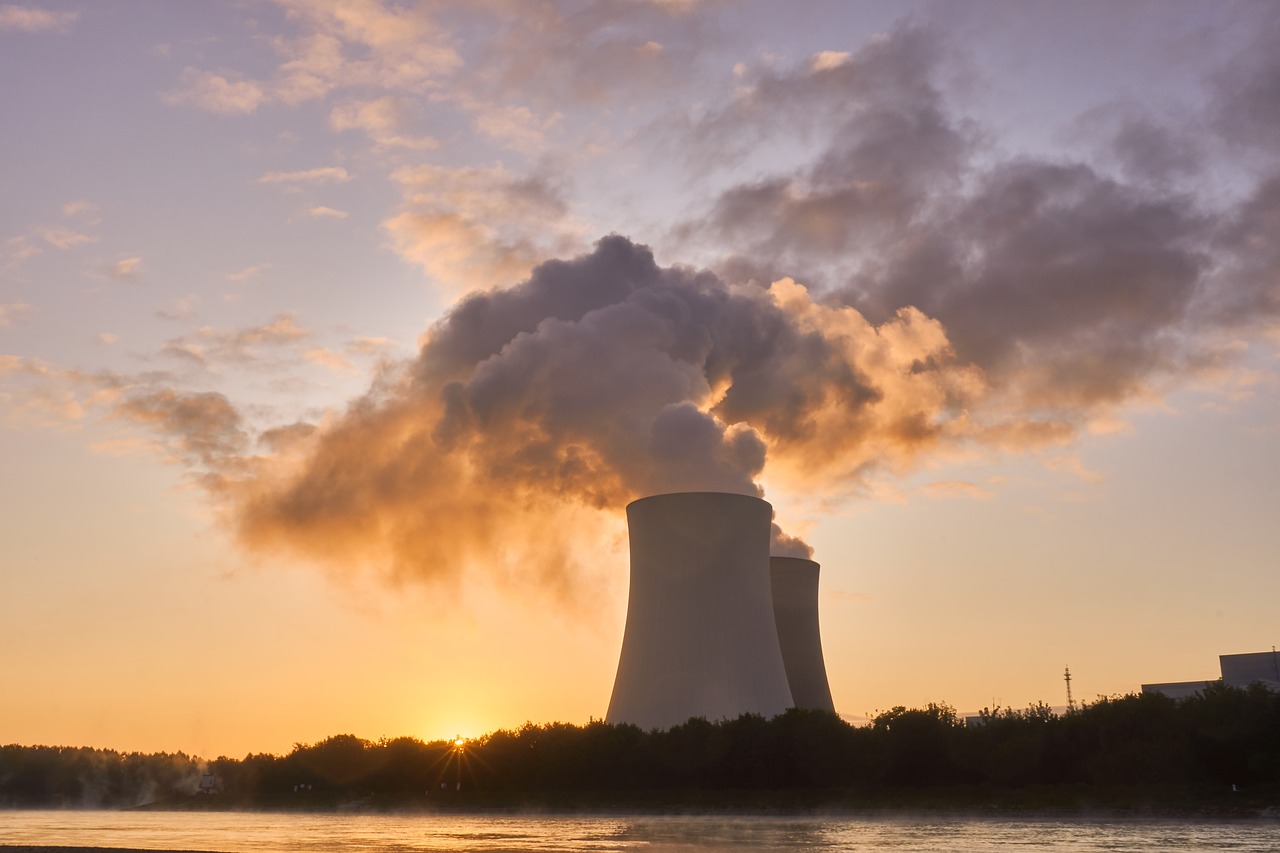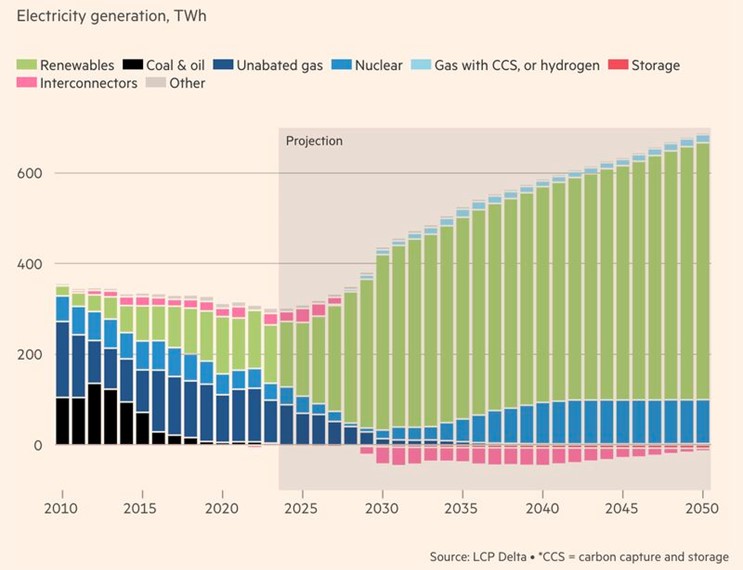Peter Bolton
Vice President, Portfolio Investments

The UK ceased all coal-fired electricity generation at the end of September 2024, a milestone for system decarbonisation. The renewable technologies that will act as replacements for fossil fuels have enjoyed a summer of optimism, giving project developers the opportunity to accelerate and strengthen their portfolios.
The UK ceased all coal-fired electricity generation at the end of September 2024, a milestone for system decarbonisation. The renewable technologies that will replace fossil fuels have enjoyed a summer of optimism, giving project developers the opportunity to accelerate and strengthen their portfolios.
Out with the old, in with the new
The UK began using coal to generate electricity in 1882 but its final operating facility, the Ratcliff-on-Soar plant, closed at the end of September 2024.
There is no room for coal in an energy system that has pledged to decarbonise by 2030. In 1990 coal fueled 80% of UK electricity generation, but gas played an increasingly dominant role over the subsequent two decades.
Coal is no longer required for back-up electricity generation, even to manage any energy security concerns (e.g., linked to invasions of Ukraine since 2022).
Renewables in tailwind following summer successes
The UK’s challenge is to replace fossil fuels with renewables, whilst also meeting a higher overall electricity demand (driven by the electrification of transport and heating). The renewable energy transition is clear from the chart below (source: Financial Times):

The Labour Government has set aggressive targets to fully decarbonise electricity generation by 2030, hoping for a tripling of solar power capacity, doubling of onshore wind, and quadrupling of offshore wind. This is likely too optimistic, but the scene is set for significant project development and investment activity in the sector.
The political backdrop looks favourable for the energy transition, with the following recent milestones:
What next?
Project developers hope to capitalise on this momentum, whilst calling for further improvements to grid and planning permission timetables. There could be scope to bring forward projects and to reduce their cashflow risks by contracting with credible parties.
Korkia expects to play a significant role through its development partnerships in the UK, with a combined 10.5 GW of solar and storage under development.